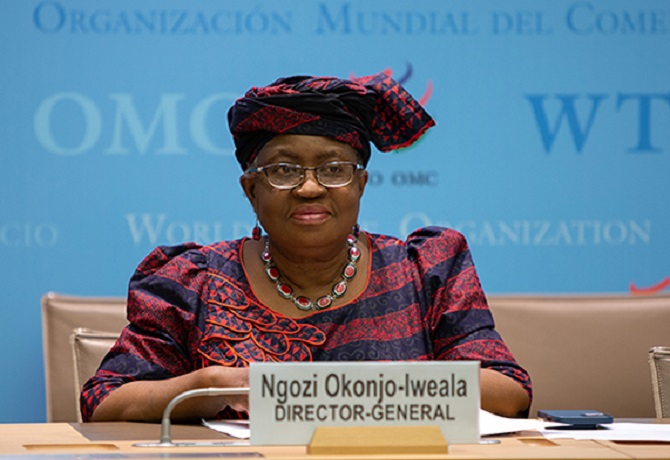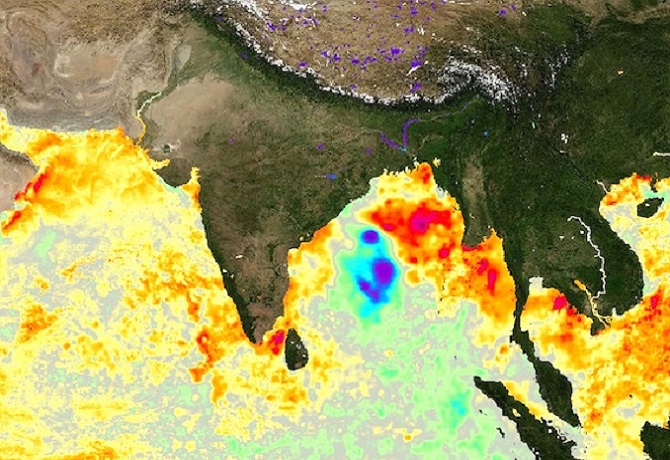On 15 December 2021, the ministers representing 57 WTO members published a statement during a high-level event that also served as the launchpad for ministerial statements on plastics pollution and environmentally sustainable plastics trade and on fossil fuel subsidies.
The WTO’s Director-General Ngozi Okonjo-Iweala described the meeting of co-sponsors as a historic event, pointing out that “trade, and the WTO, are part of the solution to climate change and environmental degradation”.
Participants of the Trade and Environmental Sustainability Structured Discussions (TESSD)- coordinated by Costa Rica and Canada me on 7 February 2022 to discuss the proposed workplan and to set the structure and the pace for discussions this year.
TESSD intends to have three more formal meetings this year, which will bring together representatives from governments, civil society, academia, international organizations, and the business community. Following the roadmap set by the ministers, TESSD participants outlined 6 thematic work areas for the formal meetings, as per SDG Knowledge Hub. These work areas are as follows:
- Dedicated discussions on trade-related climate measures and policies
- Promoting and facilitating trade in environmental goods and services
- Achieving a more resource-efficient circular economy
- Promoting sustainable supply chains and addressing challenges and opportunities arising from the use of sustainability standards and related measures, in particular for developing members
- Challenges and opportunities for sustainable trade – capacity building and technical assistance (Aid for Trade)
- Environmental effects and trade impacts of relevant subsidies.
These areas will be analyzed in depth through discussions in three working groups focusing on trade-related climate measures, environmental goods and services, and circular economy. During the 7 February meeting, several TESSD members proposed the creation of a fourth working group that would focus on the environmental effects and trade impacts of relevant subsidies.
In addition to the formal meetings, active intersessional work will be carried out in informal working groups led by facilitators. A high-level stocktaking event will wrap up the activities of 2022.
The co-convenors of TESSD, Gloria Abraham Peralta of Costa Rica and Stephen De Boer of Canada, will revise the workplan to reflect the comments received to ensure that a wide variety of perspectives are reflected as the group gets ready to deepen the discussions, as per SDG Knowledge Hub.



